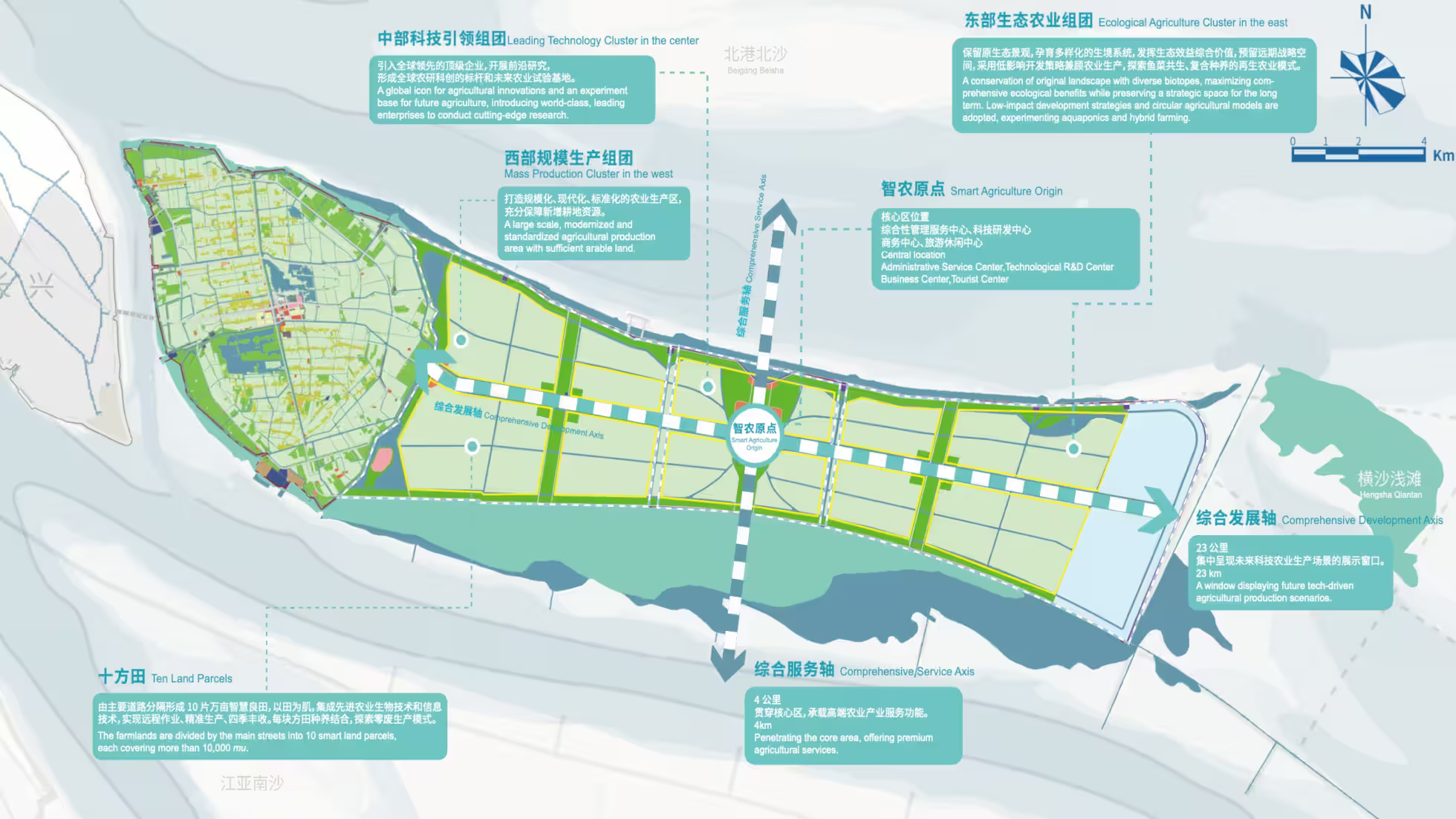Individualism and Rapid Consumption

The rise of Facebook and Twitter has marked the gradual emergence of the era of the individual. News reporting is no longer the exclusive domain of outlets like the BBC or The New York Times. If you’re at the scene, you are the broadcaster. The Arab Spring became the most significant event propelled by the internet. Malala Yousafzai, thanks to the web, became the youngest Nobel Peace Prize laureate.
Domestically, the development of Weibo has also transformed the course of public events. Incidents such as the Guo Meimei scandal, Xue Manzi’s campaigns against child trafficking and his prostitution case, Wang Gongquan’s elopement, Wang Feng’s five failed attempts to steal the spotlight, the MH370 disappearance, Wei Zexi’s death, and the Lei Yang prostitution case became widely known thanks to Weibo. Without Weibo, it’s hard to imagine how much less we would know.
This is the power of the individual. Mainstream media can no longer fully control public opinion, and the progression of events now unfolds in the witness of countless netizens, often steering things in a better direction.
By 2016, the growth of online influencers and live streaming had exceeded everyone’s expectations. Our imaginations struggle to predict the birth of new phenomena or how events will evolve. This is the transformative power of the mobile internet era—the rise of individualism. Mass art performances that bring the entire nation together are now rare, as niche hobbies find their audiences online. You don’t need breathtaking beauty, immense wealth, or profound knowledge—having your own unique traits will always attract followers.
However, what is personalized is also prone to rapid obsolescence. Individualism is inherently formulaic. To others, you may appear unique, but to yourself, you are rigid, conservative, and unchanging. For your followers, your consistency is precisely what they admire. Yet one day, when their preferences change, you may quickly be abandoned.
On this point, Luo Zhenyu was remarkably clear-sighted. From the outset, he planned to consume Papi Jiang’s influence in one fell swoop.
Cultural individualism doesn’t require much material support to thrive. But for personalized products, corresponding production conditions are essential. In 2013, Germany introduced the concept of Industry 4.0 to elevate its overall manufacturing level. From Britain’s Industrial Revolution powered by steam engines (Industry 1.0), to the American assembly line epitomized by Ford (Industry 2.0), to Japan’s precision instruments and intelligent manufacturing (Industry 3.0), and now Germany’s model of personalized demand combined with standardized production (Industry 4.0)—the trajectory of industrial development mirrors shifts in consumer needs.
In the coming centuries, personalization and customization will remain the norm. How to meet these demands while ensuring profitability is a critical challenge for all manufacturing enterprises.


